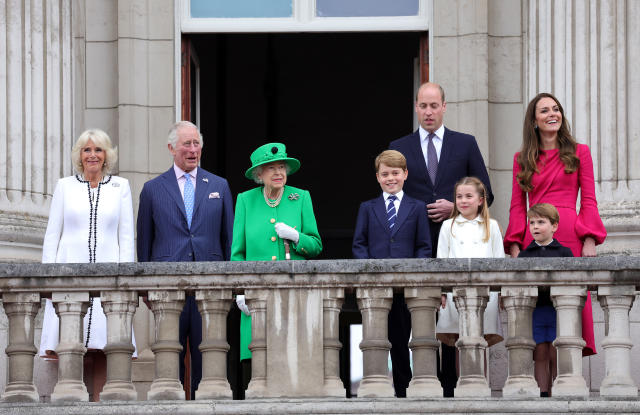King Charles III recently marked his birthday with a significant announcement, shifting the spotlight from celebratory events to a crucial decision regarding the governance of the monarchy.
Amidst the fanfare of military bands playing outside Buckingham Palace and heartfelt social media posts from royal family members, the King made a formal request to the UK Parliament.
He urged Parliament to grant his siblings, Princess Anne and Prince Edward, the authority to act as Councillors of State in his absence, ensuring the seamless operation of government affairs.
In a statement delivered to the House of Lords and later echoed in the Commons, King Charles emphasized the importance of maintaining governmental efficiency during his official duties abroad.
By expanding the pool of individuals eligible to serve as Councillors of State under the Regency Acts of 1937 to 1953, the King proposed including his sister, the Princess Royal, and his brother, the Earl of Wessex and Forfar.
Both Princess Anne and Prince Edward have previously fulfilled this role, demonstrating their readiness to step in when needed.
Currently, the law permits five designated individuals to act on behalf of the Sovereign, comprising the monarch’s spouse and the first four family members in line for succession over the age of 21.
This limited selection has prompted calls for a broader representation of potential stand-ins, particularly as the late Queen Elizabeth II’s health declined.
Notably, Princes Harry and Andrew had previously served as Councillors, despite their altered roles within the royal family.
The discussion surrounding the adequacy of the Councillors of State gained momentum with King Charles’ ascension to the throne, prompting parliamentary deliberations on potential amendments to the Regency Act.
Labour peer Viscount Stansgate raised concerns about the appropriateness of Prince Andrew and Prince Harry retaining their regency powers given their current circumstances.
In response, Lord True affirmed the government’s commitment to evaluating and adapting constitutional arrangements to ensure stability and resilience.
Acknowledging the urgency of addressing this issue, members of the House of Lords swiftly assured King Charles of their willingness to expedite the necessary measures.
The proposed expansion of the group of official substitutes reflects a proactive approach to safeguarding the monarchy’s operational continuity.
This strategic move aligns with historical precedents, such as the appointment of additional stand-ins for the Queen Mother in 1953 following Queen Elizabeth II’s accession to the throne.
As the parliamentary discussions unfold, the public remains engaged in the ongoing evolution of the royal family’s governance structure.
The collaborative efforts between the Palace and Parliament underscore a shared commitment to upholding the monarchy’s functional integrity.
With the assurance of prompt action from parliamentary members, King Charles III’s initiative signifies a pivotal step towards fortifying the monarchy’s governance framework for the future.
Share your thoughts on this development and stay tuned for further updates on the royal family’s dynamic landscape.
Related Stories

